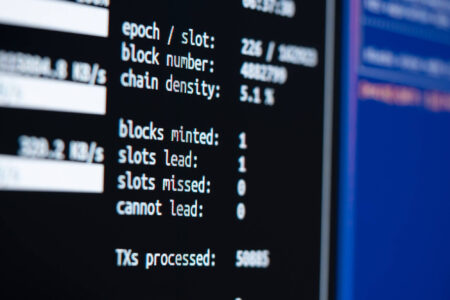A Decentralized Autonomous Organization (DAO) is an innovative form of organization that is based on blockchain technology and is controlled by smart contracts.
Since these rules are embedded in the code, no managers are needed, eliminating all bureaucratic and hierarchical hurdles. "Decentralized Autonomous Organizations" or DAOs represent exactly what they are called; they are:
- Decentralized, so that the rules cannot be changed by a single person or a central party;
- Autonomous, so they operate based on logic written into a smart contract, without human intervention. They remain operational as long as the underlying blockchain works;
- Organizations or entities that coordinate the activities between a distributed community of stakeholders - for example, developers and users in a specific blockchain network.
DAO - Decentralized Autonomous Organization or in plural DAOs, are examples of what is referred to as "on-chain governance". In traditional corporate governance, for example, companies have bylaws that prescribe certain policies, such as the election of a board of directors. Members of a DAO can participate directly in decisions, for example by voting on proposals, depending on the amount of tokens they own. A DAO extends this concept into the digital world by encoding bylaws into smart contracts.
Various use cases of DAOs
Bitcoin is generally regarded as the first fully functional DAO, as it has programmed rules, operates autonomously, and is coordinated through a consensus protocol. The explosion of decentralized finance (DeFi) in 2020 has led to new interest in DAOs: So far, DAOs are used for many purposes, e.g., for investments, charity, fundraising, borrowing, or buying NFTs, all without intermediaries. A DAO, for example, can accept donations from anyone around the world, and the members can decide how to spend the donations.
DAOs have the potential to revolutionize traditional business structures by reducing the need for intermediaries and putting power and control in the hands of the community. They are often used in areas such as financial technology, crowdfunding, and collective ownership.









